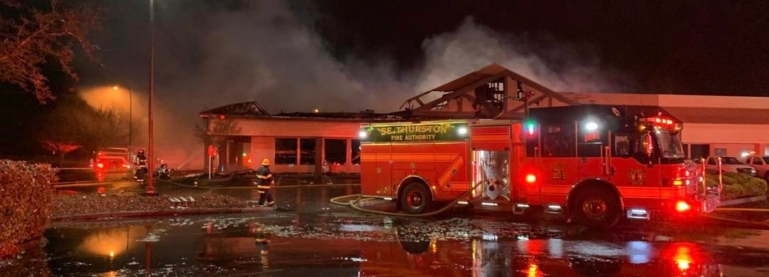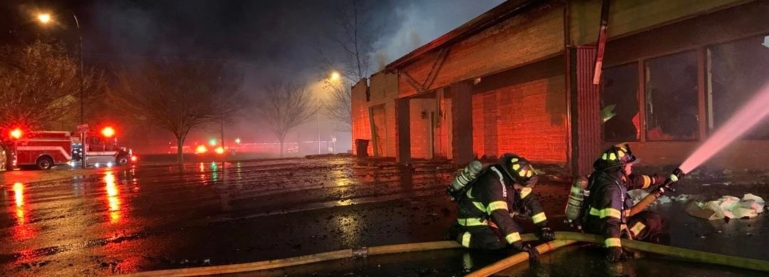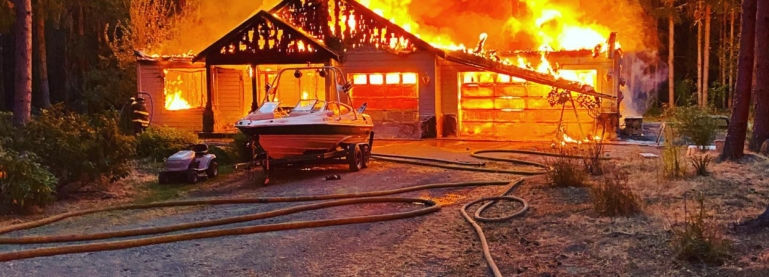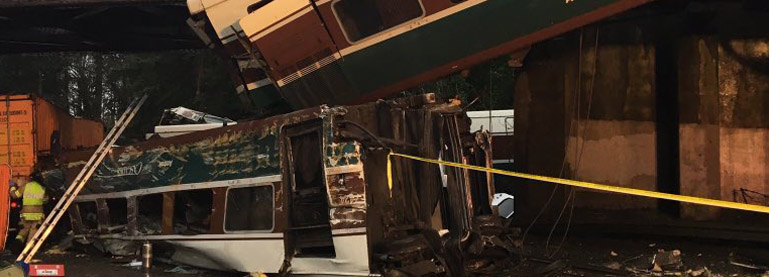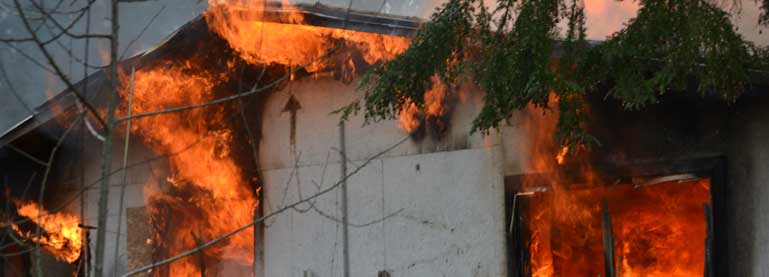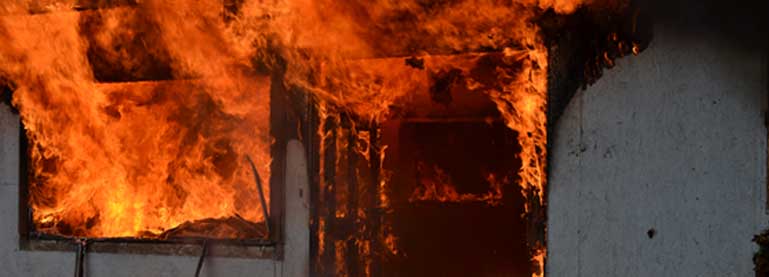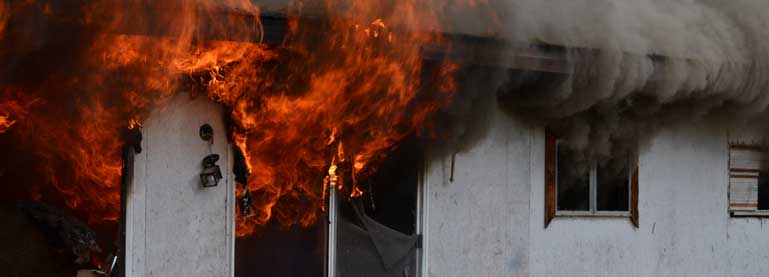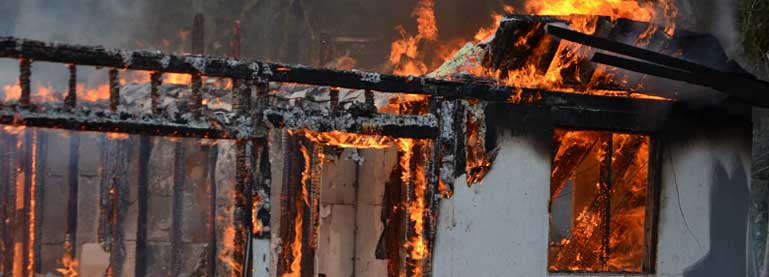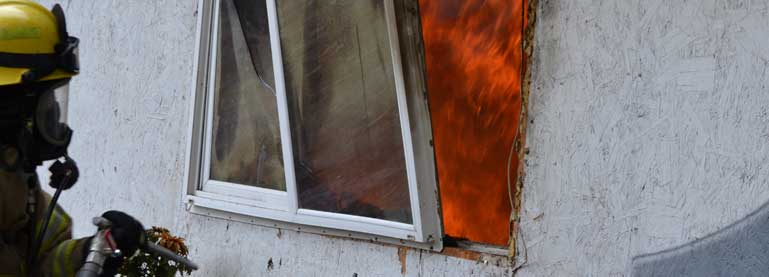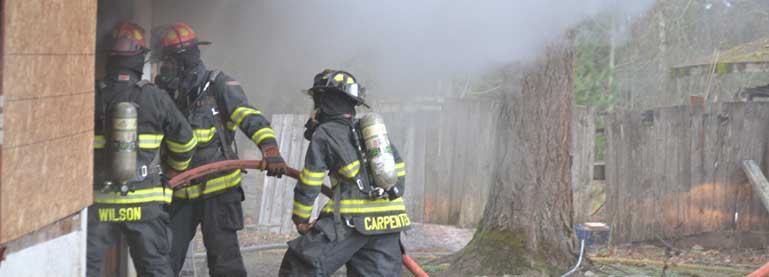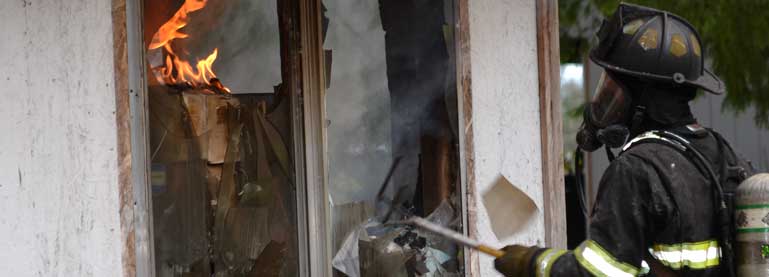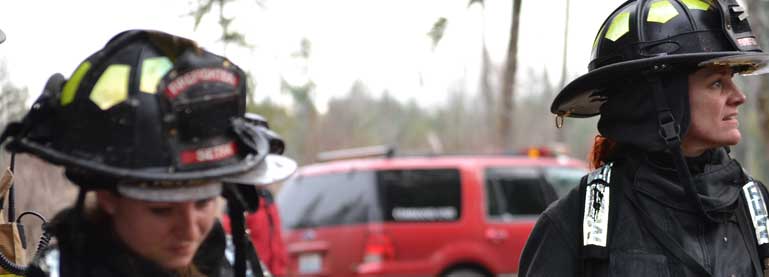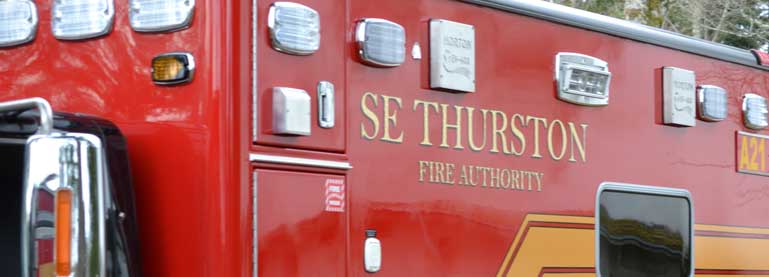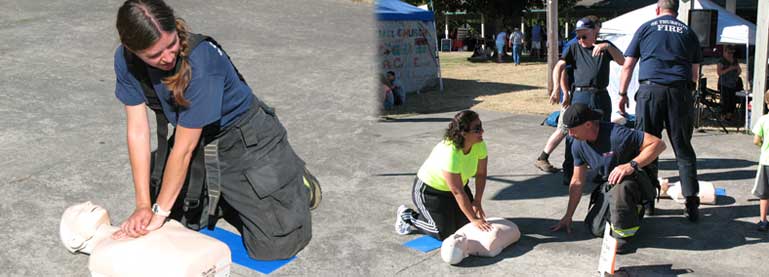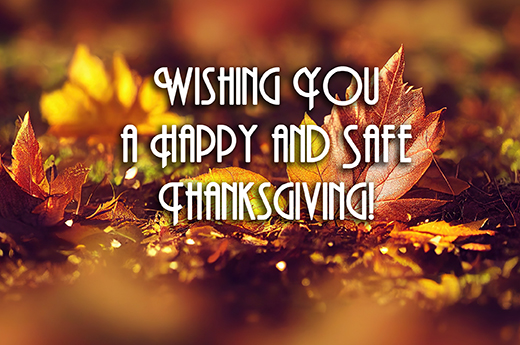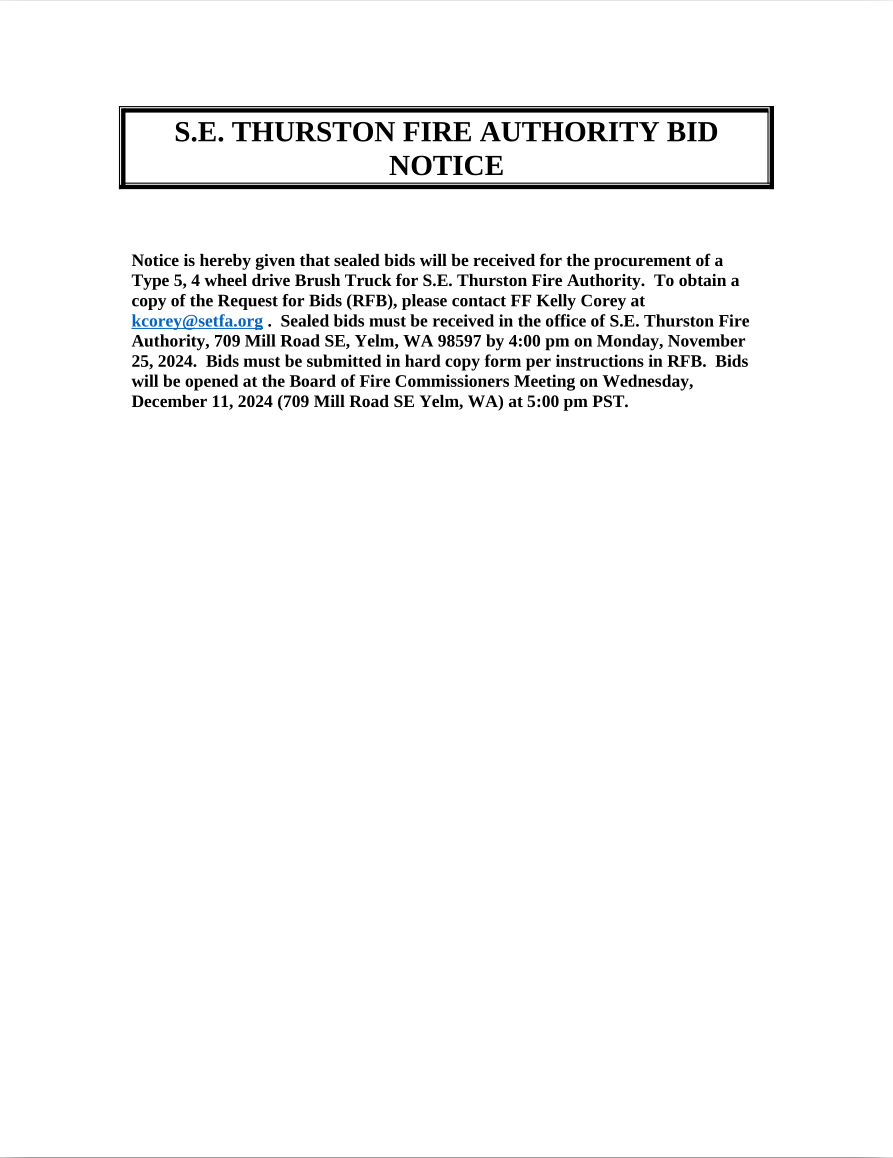To ensure space heater fire safety, always keep them at least three feet away from flammable materials like curtains, furniture, and bedding, never leave them unattended while sleeping or leaving a room, plug them directly into a wall outlet without extension cords, and regularly inspect cords and plugs for damage; if any damage is found, replace the heater immediately.
Key points to remember:
Placement:
- Place the space heater on a stable, flat surface at least three feet away from anything that can burn.
Cord safety:
- Never run the cord under rugs or use an extension cord; check for frayed or damaged cords and plugs before use.
Unattended operation:
- Always turn off the space heater when leaving a room or going to bed.
Tip-over safety:
- Look for space heaters with an automatic shut-off feature in case of tip-over.
Regular inspection:
- Check your space heater regularly for signs of damage, including cracked or broken casing, loose connections, and hot cords.
Do not:
- Use a space heater near water
- Place a space heater in high-traffic areas or where children and pets can easily reach it
- Use a space heater with a damaged cord or plug
- Operate a space heater while wet
Consider purchasing a space heater with:
- A built-in thermostat to regulate temperature
- A safety feature that automatically shuts off the heater if it overheats
- A tip-over switch that automatically turns off the heater if it is knocked over

